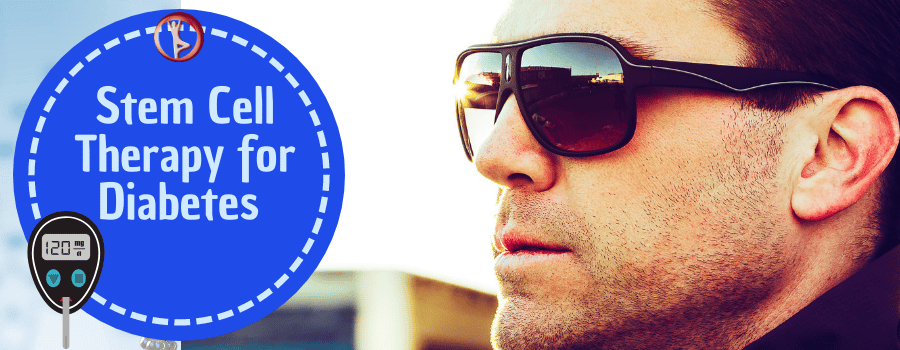New Stem Cell Treatments for Diabetes on the Horizon
News regarding new treatment options, discoveries and potential of stem cell treatments continues on an almost daily basis. Researchers utilizing stem cells have discovered new treatment options for individuals diagnosed with advanced prostate cancer, and have managed to convert human skin cells into active and functioning brain cells. It doesn't stop there.
Stem Cells Treating Diabetes
Stem cell research into metabolic disorders such as diabetes has also been underway. Scientists have discovered that specific genes may increase your risk for diabetes and heart disease. While inactivity continues to be one of the leading factors for adults diagnosed with type 2 diabetes, researchers have discovered that a specific enzyme found inside the mitochondria of cellular structures is reduced in the skeletal muscles of individuals who may be at risk for pre-diabetic or diabetic conditions.
Stem cell treatments and regeneration methodologies have been underway in some of the world's leading stem cell treatment centers including those found in Argentina, Israel, Thailand, China, in Germany, just to name a few. Repair stem cell therapies for the treatment of diabetes are currently underway in Germany, the Dominican Republic and Mexico.
Studies, research and clinical trials are currently underway in the United States. Cord blood, also known as placental blood, is blood taken from the umbilical cord or placenta after a baby's birth. This in no way harms the baby or the mother; these byproducts of the birthing process are discarded following delivery.
Research continues into the benefits of stem cells taken from cord blood, most notably by South Korean researchers at the Seoul National University. Researchers there have successfully developed pancreatic beta cells from umbilical cord stem cells. These cells have the capability to secrete insulin, the major hormone necessary for optimal treatment of diabetes and health maintenance.
Because cord blood does not carry with it the stigma that embryonic stem cells do, studies in this direction are advancing at an accelerated rate. In addition, cord blood and umbilical cord blood stem cells are more resistant to rejection than stem cells culled from bone marrow or peripheral blood stem cells.
Research Facilities around the Globe
Cutting edge technologies and stem cell research, autologous versus placenta stem cell treatments for diabetes and other chronic diseases and conditions are underway around the world. Some centers offer autologous adult stem cell treatments for diabetic therapies. Such treatments are the source of regenerating tissues and organs causing diabetes. Some clinics focus on placental stem cell therapies and a multidisciplinary and biotechnological approach to insulin production in the body.
Researchers are developing the newest and scientific achievements in the use of stem cells for the treatment of diabetes. They have shown success in the treatment of insulin-dependent as well as insulin-independent diabetic conditions as well as complications of diabetes and other endocrine diseases.
Research Continues
Stem cell technologies offer viable options for slowing down and even halting the progression of Type 1 diabetes through adult stem cell technologies. Studies are continuing, funded by international organizations. For additional resources regarding stem cell research for the treatment of diabetes, visit the American Diabetes Association, the Diabetes Research Institute, the National Diabetes Information Clearinghouse, or the National Center for Chronic Disease Prevention and Health Promotion Public Health Resources.
Please click the button below to request more information on stem cell treatment for diabetes










Share this listing